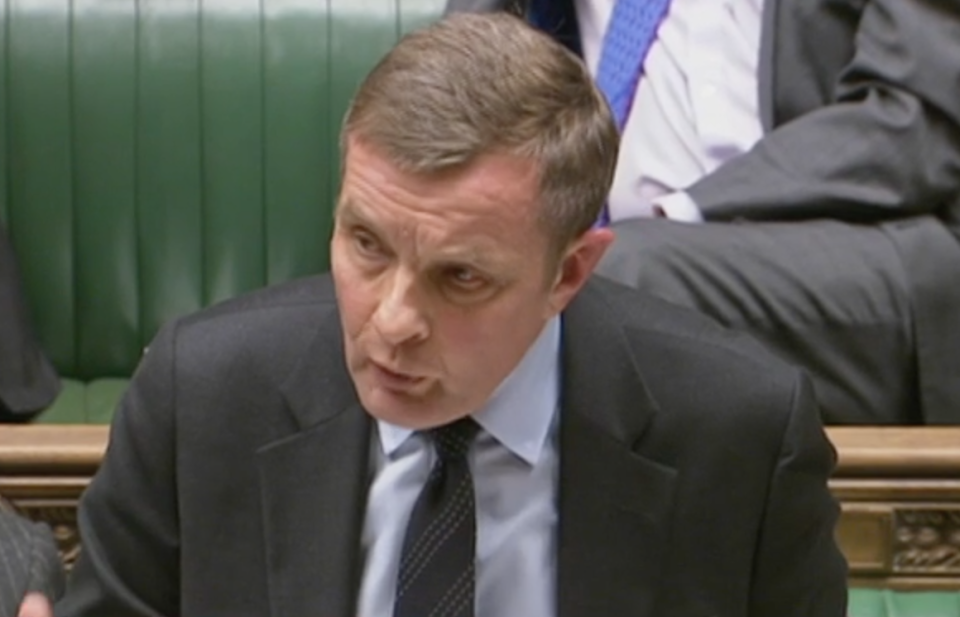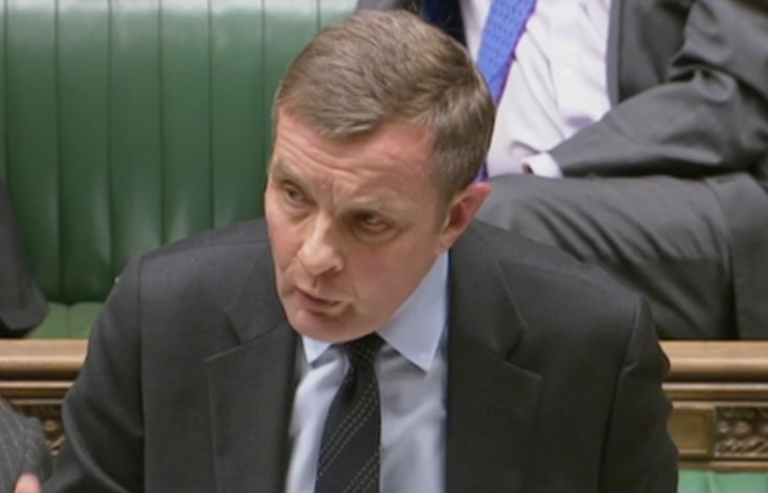Northern Irish border problem being 'weaponised', claims former minister
The Northern Irish border problem has been “weaponised” to put pressure on the British government, the former Brexit minister has said.
David Jones, said there had been an agreement that there would be no hard border in Ireland for some time and instead the issue was being used as a negotiating tool by the European Union (EU).
Mr Jones, who was the Minister of State at the Department for Exiting the European Union until June 2017, added that the solution initially put forward by the government was "sensible".
The maximum facilitation border plan would have utilised technology to avoid customs delays, although it did not appear in Theresa May's Chequers agreement and it was criticised by the Northern Ireland select committee.
“Everybody is agreed, the British government, Leo Varadkar and the European Commission that there should be no hard border in Ireland,” Mr Jones said on BBC Radio 4’s Today programme. “It’s hard to avoid the conclusion that the border has been weaponised as an issue in order to apply pressure to the British side."
Boris Johnson, who stepped down as Foreign Secretary in protest over the government’s Brexit position, spoke of the Irish border problem during his resignation speech.
He claimed it would not be possible to construct a hard border and it was possible to have regulatory divergence.
“We allowed the question of the Northern Irish border, which had hitherto been assumed on all sides to be readily soluble, to become so politically charged as to dominate the debate,” Mr Johnson said.
“No one wants a hard border. You couldn’t construct one if you tried. But there certainly can be different rules north and south of the border to reflect the fact there are two different jurisdictions – in fact there already are."
Mr Jones' comments came as Theresa May prepared to make a two-day visit to Northern Ireland.
The Prime Minister will meet with businesses as well as citizens in a border area to hear their views about the Irish-border problem.
She has committed to ensuring there is no hard border with Ireland with no infrastructure, but it is yet to become clear how she can achieve this without being part of a customs union with the EU, something she is ruling out.
Her trip also comes at a crucial moment for politics in Northern Ireland, with politicians in the region still yet to restore a power sharing agreement at the Stormont Assembly after a year and a half.
Hwoever, Northern Ireland secretary Karen Bradley has said she is prepared to legislate to allow vital public appointments if there is no executive in place by the autumn.

 Yahoo News
Yahoo News 

